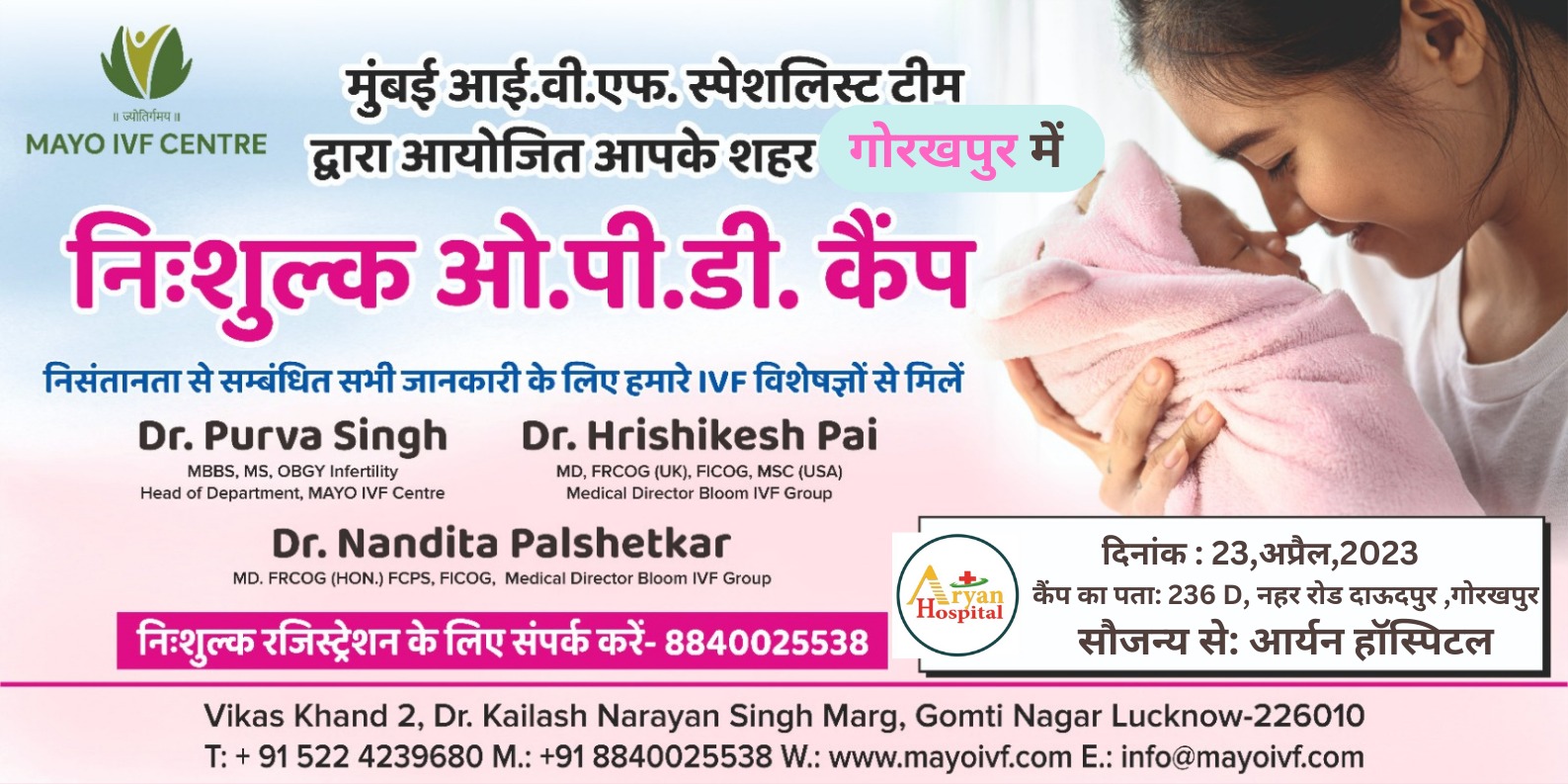
What is egg donation?
Egg donation is a process in which a woman donates her eggs to help another individual or a couple conceive a child using assisted reproductive techniques, such as in vitro fertilization. The donated eggs are fertilized with sperm in a laboratory and the resulting embryos are implanted into the uterus of the intended mother or a surrogate. Egg donation can be a complex and involved process, requiring careful medical screening and legal considerations, and it can offer hope to couples struggling with infertility.
Are you eligible to become an egg donor?
To become an egg donor, you must undergo medical and psychological screening tests. These tests ensure that you're healthy enough for the procedure, that you fully understand what it entails and that you meet the selection criteria. Additionally, an egg reserve test is also performed using transvaginal ultrasound.
Risks and Beneifts
What are the risks of egg donation?
The decision to become an egg donor is a personal one and should be made after careful consideration of the risks involved.
- OHSS: One of the most significant risks associated with egg donation is ovarian hyperstimulation syndrome (OHSS), which occurs when the body produces too many eggs in response to fertility medications. Symptoms may include abdominal pain, bloating, nausea, vomiting, and shortness of breath. However, the risk of this is as low as 1%
- Infection: Although this is rare, infection can occur during the egg retrieval procedure or from using shared needles or equipment. Egg donors are screened for infectious diseases before being accepted into an egg donation program.
- Damage to surrounding organs: There is also a small risk of damage to surrounding organs during the egg retrieval process. This can occur if there are adhesions or other abnormalities in the pelvic area that make it difficult for the doctor to access and remove the eggs safely.
- Ovarian failure: It's important to note that there may be long-term effects on fertility due to repeated cycles of hormonal stimulation and egg retrieval procedures. While research on this topic is limited, some studies have suggested that these procedures could lead to premature ovarian failure or decreased ovarian reserve.
As with any medical procedure, there are risks associated with becoming an egg donor. Potential donors need to discuss these risks with their doctors and carefully consider whether they're willing to accept them before making a final decision about whether or not to donate their eggs. With proper medical care and support from qualified professionals throughout the process- including psychological counselling - these risks can be minimized.
Why are the advantages of egg donation?
There are many reasons why someone may choose to donate their eggs, including helping:
- those who struggle with infertility
- same-sex couples who want to have children,
- individuals who carry genetic disorders that they don't want to pass on to their offspring.
Egg donation is an incredible act of kindness that offers hope to those struggling with infertility while allowing donors like yourself to make a meaningful impact on someone else's life.
What is the success rate of donor eggs?
Pregnancy success in women who received eggs was strongly linked to the likelihood of the implanted eggs resulting in pregnancy in the donor. However, generally there is a 90% chance that the recipient will successfully get pregnant in the first attempt. <no reliable source of data(for Indian demographic)>
Procedure Details
What are the preparatory steps for extraction?
- Ultrasound
- Blood tests
- Medication for synchronization of the recipient’s uterus with the donor’s stimulation
- Medication for stimulating the ovaries
- Progesterone is given to enable implantation
What to expect during extraction?
During the egg extraction process, women can expect to undergo several steps. Before starting the procedure, patients will be given anaesthesia to help with any discomfort that may occur. The egg extraction process is typically performed through transvaginal ultrasound aspiration
- To find the follicles an ultrasound probe is inserted in the vagina
- Then, a needle connected to a suction device is directed through your vagina into the follicles to collect the eggs
- Once sedated, a small needle is inserted into the vaginal wall and used to reach each ovary. The follicles containing mature eggs are then suctioned out using a specialized tool.
- During this time, some women may experience cramping or pressure in their pelvic area but it typically subsides shortly after the procedure is completed.
- The entire process usually takes about 15 minutes to 1 hour and patients are monitored for another hour before being released home. It's important for women undergoing treatment to arrange transportation ahead of time since they won't be able to drive themselves home due to the effects of anaesthesia.
- After leaving the clinic, most women experience mild discomfort such as bloating or spotting which usually disappears within a few days. While there could be some temporary side effects during and after extraction, many donors report feeling just fine shortly afterwards.
What to expect after the donation?
After egg donation, you should expect some side effects that are common to the procedure. These may include bloating, cramping, and discomfort in your pelvic area. It is normal to experience these symptoms for a few days after the procedure.
- It is important to note that you should take it easy for at least 24 hours following the extraction. You will likely be advised not to participate in any strenuous activity or exercise during this time.
- After 24 hours have passed, you can resume light activities but still avoid anything too rigorous until you feel fully recovered. Your medical team will give you specific instructions on what activities are safe and appropriate for your recovery.
- You may also experience some emotional changes after the donation. Some women report feeling sad or anxious about giving up their eggs while others feel proud of helping someone else start a family. If these feelings persist or become overwhelming, don't hesitate to reach out to your healthcare provider for support.
- In terms of fertility, most women return quickly back to their normal menstrual cycles within a month or two following egg retrieval without any long-term impact on their fertility levels.
Key Takeaway
- Egg donation is the process in which a woman donates her eggs to help another individual or a couple conceive a child.
- To become an egg donor, you must undergo medical and psychological screening tests.
- The actual egg retrieval process involves using ultrasound-guided needle aspiration under sedation.
- After egg retrieval, the donor may experience bloating or spotting, but will typically feel fine shortly after.
- Risks include ovarian hyperstimulation syndrome (OHSS), infection, and damage to surrounding organs during the egg retrieval process, as well as long-term effects on fertility.
Frequently asked questions:
- Do egg donors get paid in India?
- Is 6 donor eggs enough?
- How many eggs can a woman donate?
Reference
- https://www.ncbi.nlm.nih.gov/pmc/articles/PMC5341288/
- https://www.ncbi.nlm.nih.gov/pmc/articles/PMC6961873/
- https://www.ncbi.nlm.nih.gov/pmc/articles/PMC7428411/
- https://pubmed.ncbi.nlm.nih.gov/12477959/
- https://www.ncbi.nlm.nih.gov/pmc/articles/PMC6640047/
- https://www.ucsfhealth.org/education/faq-common-questions-for-egg-donors#:~:text=Once%20you're%20chosen%20as,take%2015%20to%2030%20minutes.

Dr Purva Singh
MBBS MS OBGYNIVF Specialist



